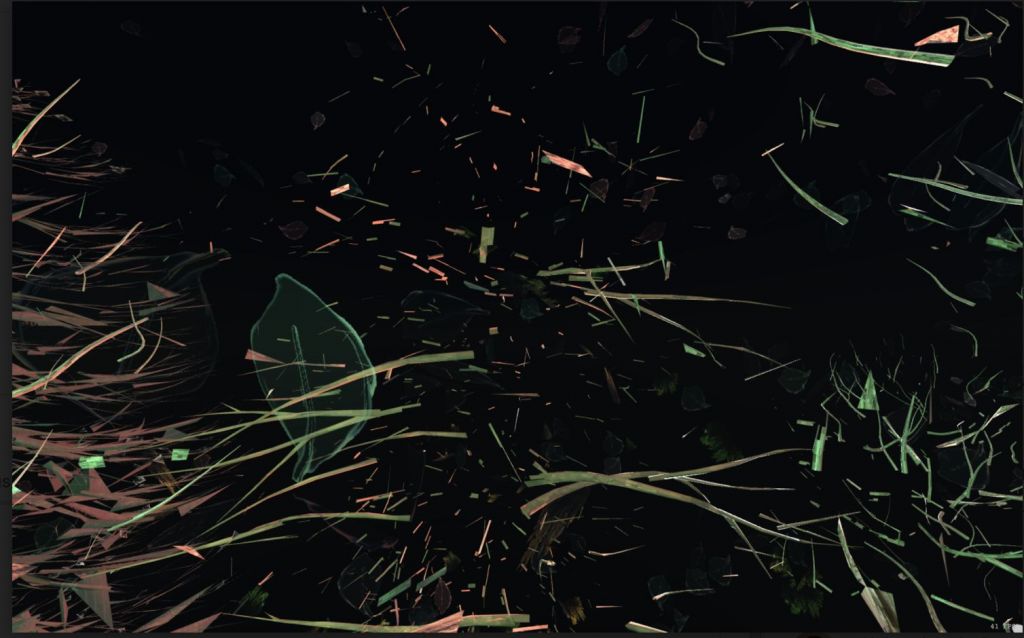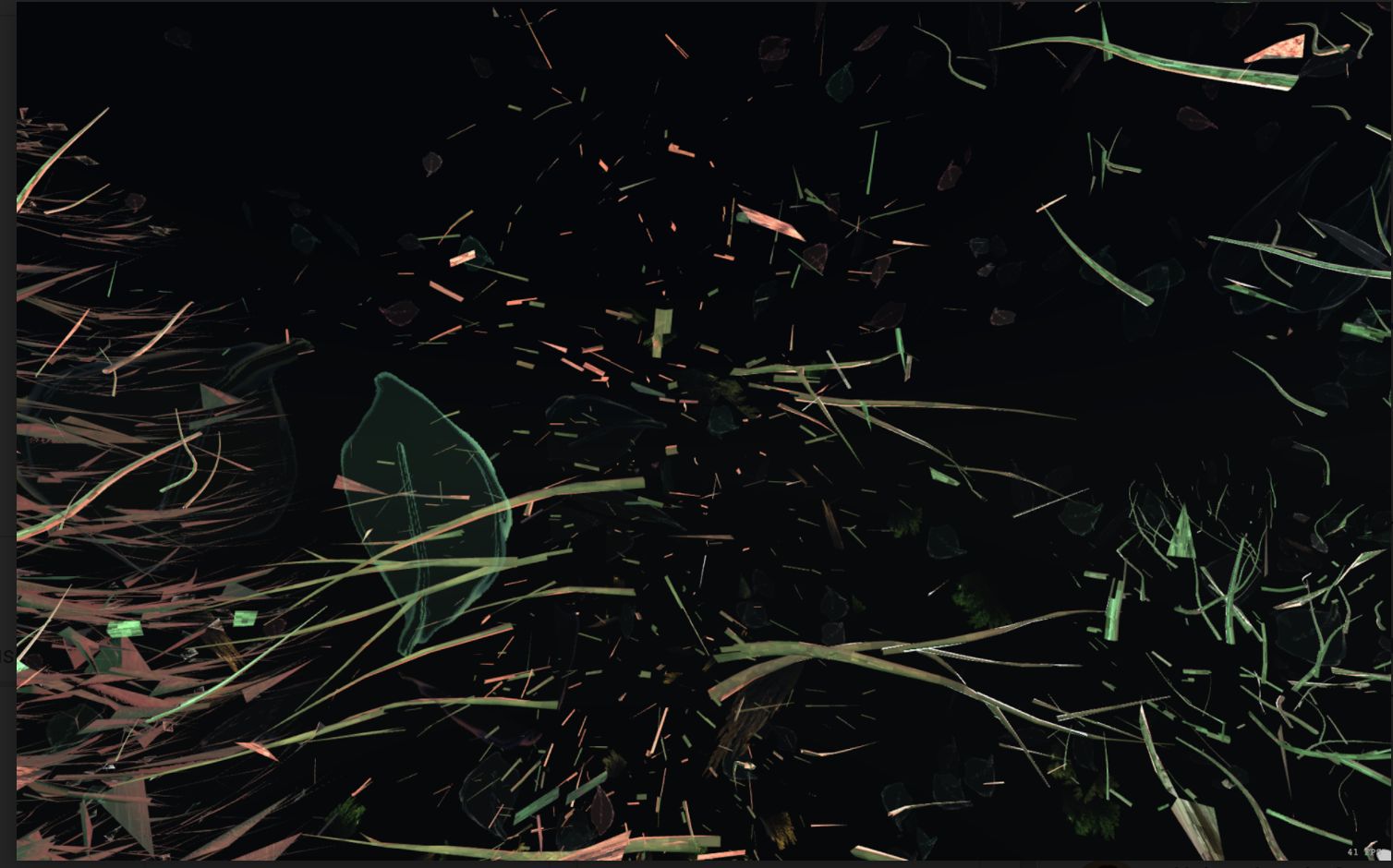Text by CLOT Magazine

The Multimedia Anthropology Lab at University College London (UCL MAL) is presenting an online conference and virtual exhibition, Multimedia Encounters: Experimental Approaches to Ethnographic Research, taking place this Tuesday, 12th to Friday, 15th of January, and it’s been organised by Raffaella Fryer-Moreira. a British-Brazilian anthropologist based at UCL.
Anthropological encounters with others have led us to question ideas previously taken as given. Concepts of family, society, culture, nature, and what it means to be human have all been subject to revision.
When these critiques are directed towards knowledge itself, people’s different ideas about what knowledge is and how it is shared have led us to question the theories and practices through which we seek to know. Proponents of the ontological turn [1] have developed these ideas to call for an anthropological project that is radically experimental, drawing on ethnographic encounters with alterity to interrogate the analytical concepts that inform our research critically.
How are ethnographic encounters with alterity mediated and transformed by multimedia technologies? Drawing on material culture studies and the ontological turn, UCL MAL mobilises a global conversation on the concepts, forms and media through which we produce and share knowledge.
The conference will draw together anthropologists, artists, sound designers, coders, VR/AR producers, among other experimental practitioners, to initiate a global conversation on experimental research formats and multimedia knowledge.
Conference panels will offer stimulating debates with over 30 speakers – including Jaqueline Aranduhá, a Guarani & Kaiowá Indigenous Leader, Haidy Geismar, Professor of Anthropology at UCL and sound artist Chris Watson. This selection of radical academic thinkers and cutting-edge practitioners aims to invite the audience to think critically about multimedia forms of research, questioning divisions between art and science and pushing the boundaries of knowledge.
What if an exhibition could be rethought as an experiment: where the goal is to explore an idea or investigate a question, rather than view works as complete and final objects? What changes when audiences participate in the works themselves? What does this mean for art and science?
The Multimedia Encounters exhibition addresses the relationship between anthropological thought and virtual intelligence. Smart algorithms and the anthropological mind operate recursively, dismembering knowledge as we know it, catalyzing visions and birthing alternative futures. Curated by Anna Mladentseva, a BA History of Art student at UCL, it seeks to probe and push this structural equivalence, exploring its limits and creating the ground for future multimedia encounters.
The exhibition will include 23 research-based artists, each presented in a custom-built VR Hub. Using the open-source platform Mozilla Hubs, this exhibition invites audiences into a conceptual labyrinth for the senses: the audience can follow different routes through the rooms and reveal unexpected encounters.
At the end of the experience, audience members will be invited to join the makers: with instructions for participants to create their own VR Hubs and send them to UCL MAL. Selected hubs will be included in the exhibition labyrinth itself.
Multimedia Encounters: Experimental Approaches to Ethnographic Research will run 12-15 January 2121 and be accessible by phone, desktop, or VR headset of art and culture will be presented entirely for free.






